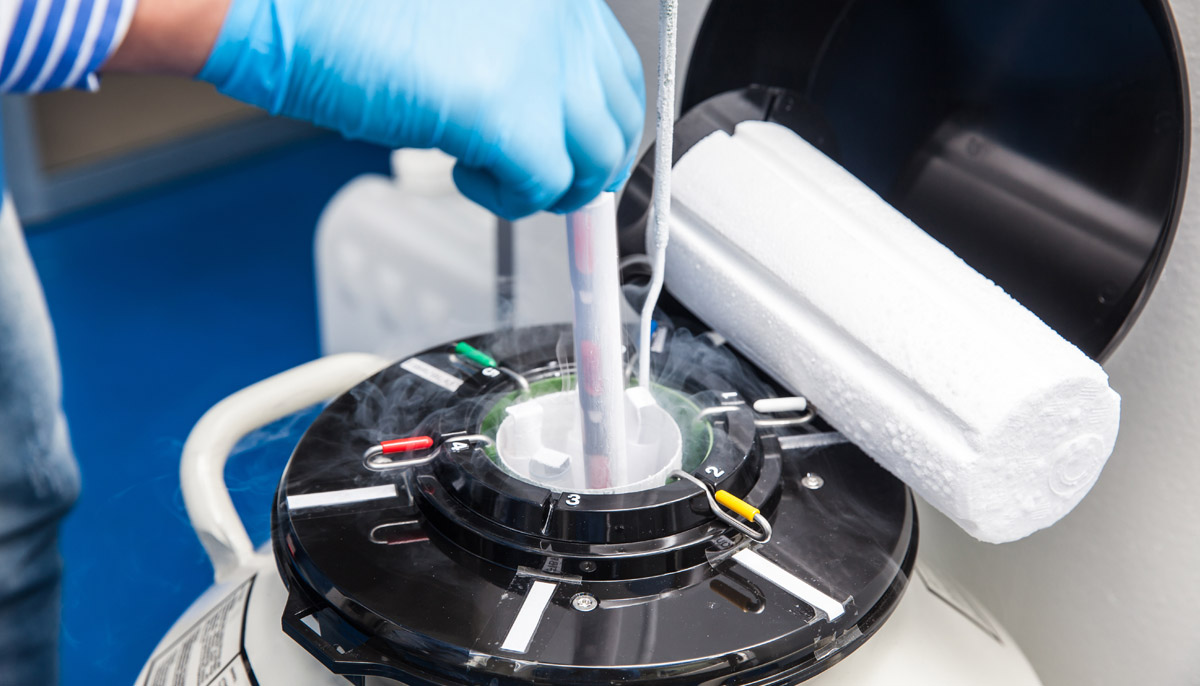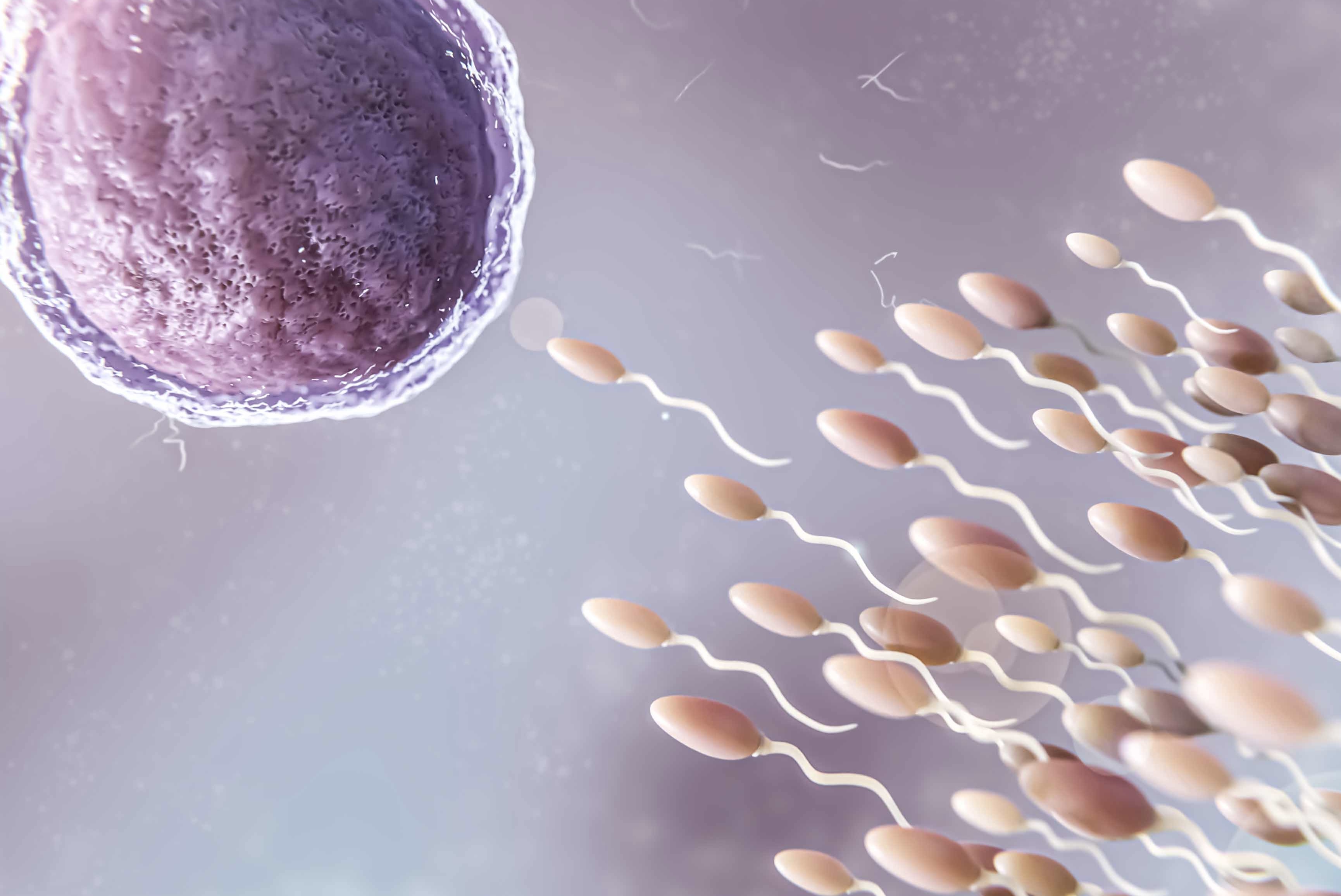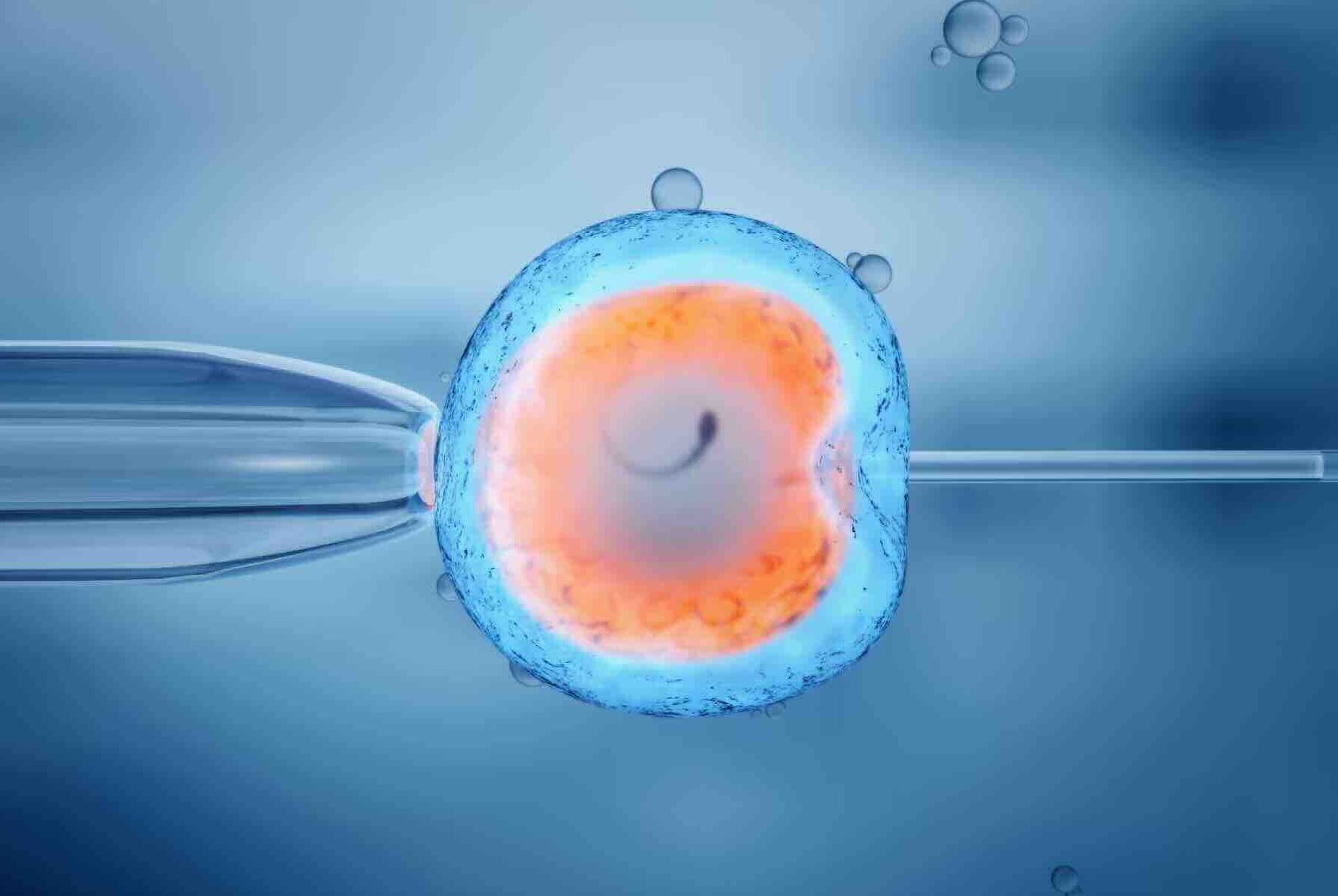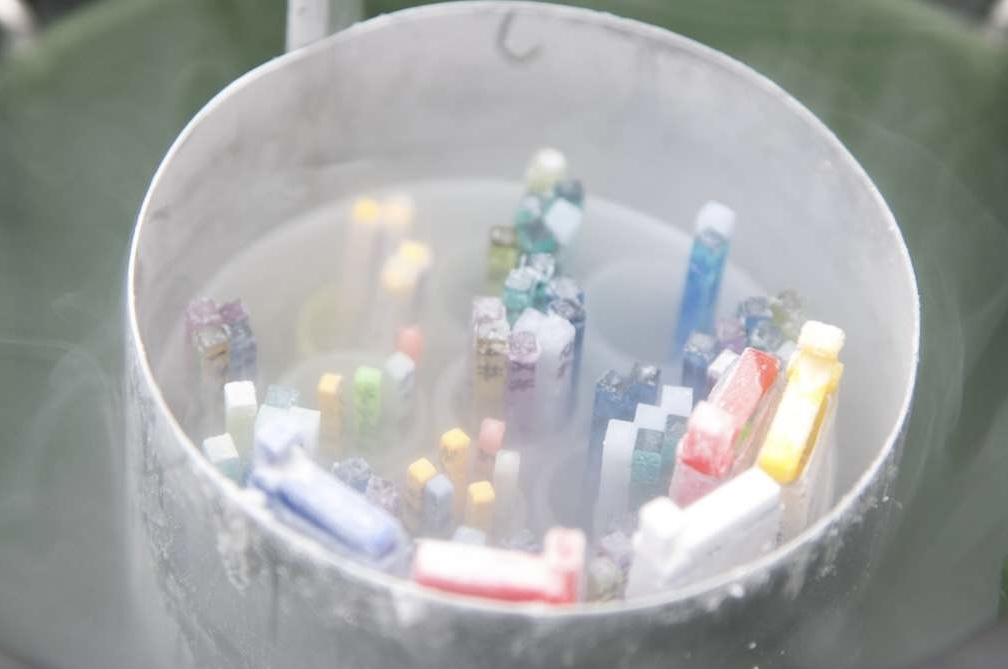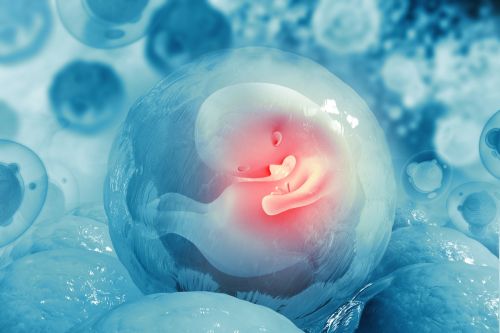The Male “Biological Clock”
Do men need to worry about aging and fertility? Although many believe that age only affects female fertility, aging can also impact male fertility. As men get older, their sperm quality diminishes over time, which can make it increasingly challenging to achieve a pregnancy. Poor sperm quality can also eventually lead to health problems for the baby, as well as a higher risk of miscarriage.
Sperm banking minimizes these concerns by allowing men to freeze their sperm when it is at its most healthy. Sperm can be frozen and stored safely for a considerable amount of time before being thawed and used in IVF or IUI.

The Sperm Banking process
Sperm banking involves freezing a patient’s sperm for later use in either insemination or in vitro fertilization or to preserve male fertility. A male may choose to store his sperm because of a particular medical condition or to have the option to start a family at any time in the future. A sample of semen is obtained via masturbation or collection in a specialized collection device. It is then analyzed by AFMC’s andrology lab and cryopreserved (frozen) using specialized media and solutions. The vials are frozen, immersed in liquid nitrogen, and stored in cryogenic tanks at a temperature of -196°C (-321°F). The liquid nitrogen is independent of any source of power. Cryogenic tanks are checked daily and replenished as needed. Viable sperm are frozen and stored on-site at AFMC’s location.

Common Reasons for Sperm Banking
- Preserving sperm before sterilization or genetic damage that may result from cancer treatments (oncofertility)
- For back-up, should a male partner be unable to collect or be out of town on the day that sperm are needed for IUI or IVF treatment
- Before a vasectomy
